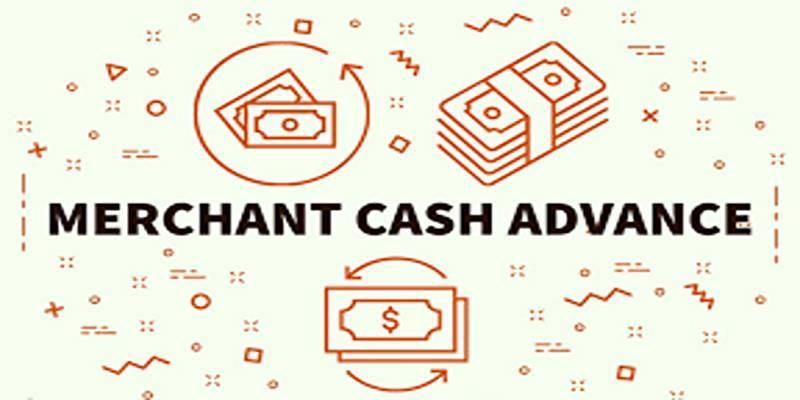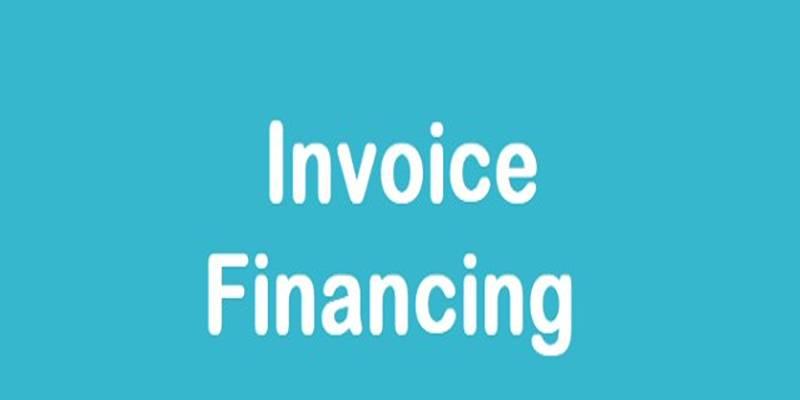When it comes to small business loans, getting the money quickly can mean the difference between making it and getting it wrong. Traditional loans can be hard for business owners who need cash quickly because they require a lot of paperwork and take a long time to approve. To address this, no-doc business loans have emerged as a popular option. These loans promise a streamlined application process with minimal documentation, making it easier for businesses to obtain funding quickly. However, like any financial product, they come with both advantages and drawbacks.
This post will dive into what no-doc business loans are, how they work, and provide a comprehensive look at the pros and cons of this financing option. By the end, you'll have a clearer understanding of whether this type of loan is suitable for your business.
Types of No-Doc Business Loans
There are various types of no-doc business loans, each with different qualifications, terms, and funding mechanisms. Some of the most common types include:
1. SBA Express Loans
While the U.S. Small Business Administration (SBA) typically requires comprehensive documentation for its loan programs, it also offers SBA Express Loans. These loans are smaller, faster and typically require fewer documents than traditional SBA loans.
For SBA Express Loans, lenders can approve loans of up to $350,000 with minimal paperwork, though some documentation, such as personal credit history, may still be required. These loans are ideal for businesses looking for a quick infusion of capital with reduced paperwork, although they may come with higher interest rates compared to standard SBA loans.
2. Merchant Cash Advances (MCAs)

A Merchant Cash Advance is a form of no-doc business financing that is based on the future revenue of a business. Instead of requiring detailed financial records, the lender looks at daily credit card sales or overall business revenue to determine eligibility. While MCAs can offer quick access to capital, they often come with high fees and interest rates, making them an expensive option.
Due to their reliance on revenue rather than traditional credit scores, MCAs are ideal for businesses with high daily sales. Still, they may not be suited for those with less predictable revenue streams.
3. Short-Term Loans
Short-term loans are another popular option in the no-doc category. These loans provide quick access to funds with minimal documentation and typically have repayment terms ranging from a few months to a year.
They are often used by businesses in need of fast capital for short-term projects or to cover urgent expenses. These loans are attractive because of their quick approval process, but borrowers should be mindful of the potentially high interest rates that accompany short-term repayment schedules.
4. Business Line of Credit
A business line of credit is a flexible, revolving loan that can be used for a variety of business needs. Lenders may offer a line of credit with minimal documentation based on the creditworthiness of the business or its owner.
A business line of credit provides a set amount of funds that can be accessed when needed, and the borrower only pays interest on the amount borrowed. This flexibility makes it ideal for businesses that need access to funds for working capital, inventory, or unexpected expenses without committing to a large lump-sum loan.
5. Online Lenders and Peer-to-Peer Lending
Many online lending platforms and peer-to-peer lending services offer no-doc business loans. These platforms often require fewer documents than traditional banks, relying on technology to assess the borrower’s eligibility based on data like credit scores and payment history.
They can provide quick, easy access to funds, but the terms may not always be as favorable as those offered by traditional financial institutions. Many online lenders also have more lenient eligibility requirements, which can make them a viable option for newer businesses or those with limited credit history.
6. Invoice Financing

Invoice financing is another form of no-doc business loan where a business can borrow money against the value of its outstanding invoices. Instead of requiring detailed financial records, lenders look at the invoices themselves, which act as collateral. For companies that have a steady flow of accounts receivable but need working capital right away, this type of financing is perfect.
Invoice financing can provide quick access to funds without the need for traditional documentation. However, it often comes with fees based on the invoice amounts and repayment terms tied to the receivable's due date.
How No-Doc Business Loans Work?
No-doc business loans work by focusing on the creditworthiness of the borrower rather than their financial history. Instead of requiring tax returns, balance sheets, and profit-and-loss statements, the lender may rely on alternative data sources such as the borrower’s credit score, business cash flow, or assets to determine eligibility.
Here’s how the process typically works:
- Application: The customer gives the lender an application for a loan. Depending on the loan type, the application may require personal and business information, including credit score, business revenue, and assets.
- Approval: The lender looks over the application and decides if the user is qualified based on their credit history and other factors. No-doc loans often focus heavily on credit scores and business performance rather than comprehensive documentation.
- Funding: If the loan is approved, the borrower receives the funds, usually within a short time frame. Some lenders provide funds within 24 to 48 hours, while others may take a few days.
- Repayment: Repayment terms can vary depending on the type of loan and the lender. Short-term loans, for example, may have daily or weekly repayment schedules, while lines of credit might only require monthly payments.
Conclusion
No-doc business loans can be a valuable tool for entrepreneurs who need quick access to capital but lack the time or resources to gather extensive documentation. These loans offer speed, convenience, and flexibility, but they also come with higher costs and shorter repayment terms. Before opting for a no-doc business loan, it’s important to carefully weigh the advantages and disadvantages to ensure that it’s the right choice for your business.












